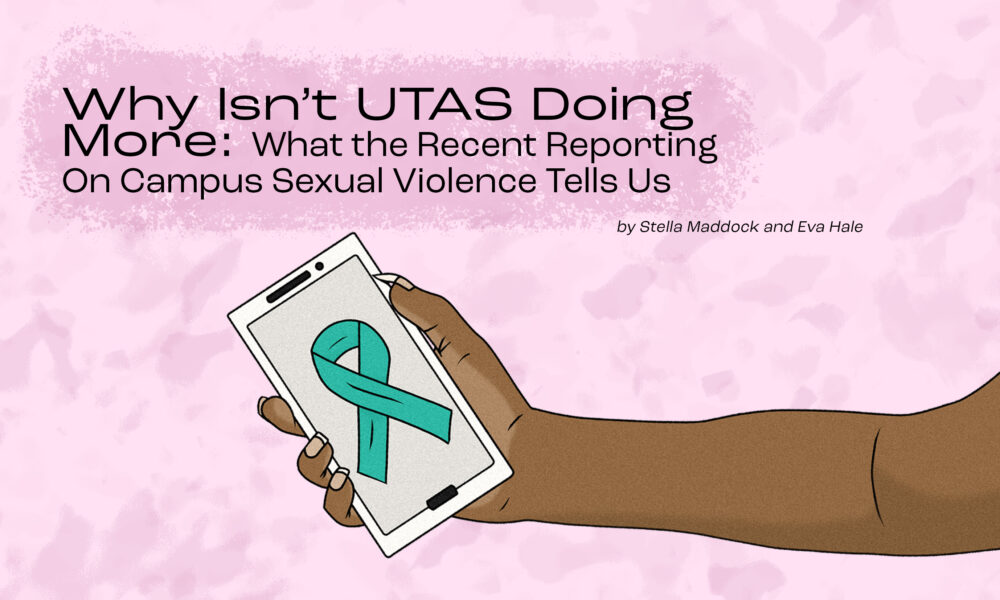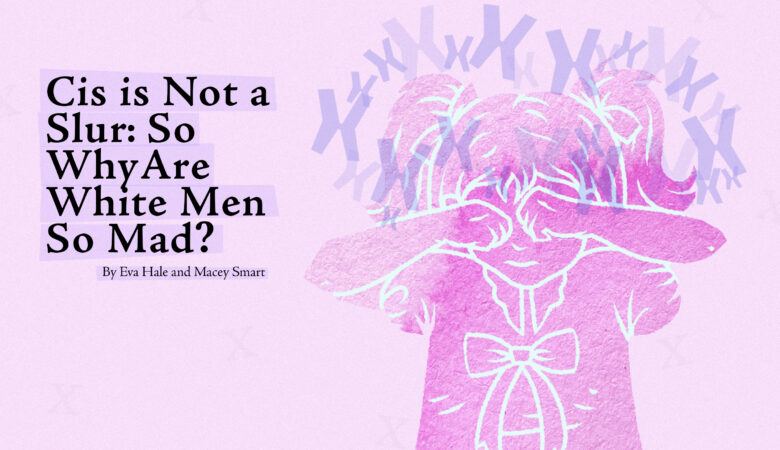CW: discusses sexual violence
Please note that this piece was written for feature in Edition 2 of Togatus, released earlier this year. Interestingly, certain information—and public access to certain information—has been subject to change since the time of writing.
Another year passes by and yet another report is released on campus sexual violence. Each report is damning, and each report calls for change. When is it time, as students, to demand action be taken against the inexcusably high rates of sexual violence on-campus?
According to the National Student Safety Survey (NSSS) released last year, 275 students are sexually assaulted in a university setting each week in Australia. This equates to 14,000 sexual assaults occurring in a university setting each year. The issue of sexual assault on-campus has been widely addressed in recent history with actions following the Australian Human Rights Commission’s Change the Course report. This report was released in 2017 and addressed sexual assault and harassment at Australian universities. The release of this report resulted in actionable responses from universities Australia-wide.
In 2018, we saw our own university (UTAS) directly respond to this report through an overhaul of its sexual assault and harassment policies. Some of these actions included an independent, expert-led review of existing policies and response pathways regarding sexual assault and harassment. What seemed like the beginning of a nationwide change for universities now feels like a forgotten era.
So, What Exactly is UTAS Doing Now?
The short answer: very little.
There has been a clear breakdown of all policy and operational actions to combat on-campus sexual violence that was implemented in 2017. The following year, UTAS declared an ongoing commitment to end sexual violence in response to the Change the Course report. Presently, UTAS has no up-to-date resources regarding sexual violence on-campus that are publicly accessible. The university-run webpage for these resources has not been observably updated since 2022. Moreover, UTAS no longer has any independent action plans or groups surrounding sexual violence.
UTAS’s lack of observable action on sexual violence can be linked to the dissolution of the SASH (Sexual Assault and Sexual Harassment) Independent Oversight Committee. This committee was set up by UTAS to oversee the implementation of all recommendations made regarding the Change the Course report. The SASH Independent Oversight Committee was dissolved in 2020, as the goals set in their initial action plan were achieved.
Some of these items included: creating effective communication strategies to inform students regarding sexually violent acts; developing and creating new training modules for staff and students surrounding sexual violence; and researching other Australian universities’ security measures surrounding sexual violence. However, many of these goals require ongoing attention to functionally serve the student population.
UTAS has since replaced the SASH Independent Oversight Committee with the SaFCU (Safe and Fair Communities Unit) Governance Group. Unlike the publicly available SASH Independent Oversight Committee’s action plan, there is a lack of transparency regarding what the SaFCU Governance Group intends to address. Additionally, the SaFCU Governance Group contains only internal UTAS staff members and is therefore not an independent body from the university.
While the Governance Group claims to be active, meeting quarterly, they do not report any data publicly. The only exception to this is a single-page document published in 2021. In this document, the SaFCU Governance Group claimed to be committed to the ongoing reporting of deidentified statistics regarding sexual violence at UTAS. The intent of this commitment was to create greater transparency between the public and the Governance Group. There has been no continuation of this commitment.
Not only has UTAS’s SaFCU Governance Group failed to continue reporting deidentified statistics, but the only data reported (in 2021) is questionable. This data suggests that only 19 individuals reported experiencing sexual harassment on-campus in 2021. This does not align with NSSS’s statistic that 8.1 per cent of students experience sexual harassment in a university setting per year. The data provided by SaFCU Governance Group suggests that roughly, less than 0.1 per cent of UTAS students reported experiencing sexual harassment at university in 2021. Data regarding reported incidents of sexual assault in 2021 also reflects the same discrepancy (only 17 individual reports). Thus, it is fair to assume that students of UTAS are less inclined to report experiencing sexual violence than the average university student (as indicated by NSSS). Could the low levels of reporting be an indication of ineffective or inaccessible reporting procedures?
There has been very little observable acknowledgment of the low level of reports from students regarding sexual violence by UTAS since this data was released. As there has been no further public reporting of deidentified data, there is no way of knowing—as students or members of the general public—whether this issue has prevailed, let alone whether this issue is being investigated.
Since the dissolution of the SASH Independent Oversight Committee, there has been no independent governing body to ensure the sexual safety and support of UTAS students. Subsequently, there has been a lack of continued prioritisation of student sexual safety made by UTAS, leading to students under-reporting sexual harassment and sexual assault on-campus. A solution lies within the development of an ongoing independent body dedicated specifically to issues surrounding sexual violence at UTAS. While there is current federal discourse surrounding the development of a national independent body of this kind, it is unacceptable for the safety of UTAS students to be sacrificed in the interim.
Support & Resources
Sexual Assault Support Service (SASS) is a Hobart-based, free and confidential service in Tasmania for people of all ages who have been affected by any form of sexual violence.
Website: https://www.sass.org.au/
24/7 Crisis Support Line: 1800 697 877
Laurel House is a not-for-profit, community-based sexual assault support service that operates across the North, North-East and North-West Tasmania.
Website: https://laurelhouse.org.au/
24/7 Crisis Support Line: 1800 697 877
SaFCU
Website: www.utas.edu.au/about/safety-security-and-wellbeing/safe-and-fair-community-unit
Phone: +61 3 6226 2560
Statement from SaFCU
There will never be a time when we have done enough to combat sexual assault and sexual harassment at the University.
The University has a strong position of zero tolerance for sexual assault or sexual harassment of any kind.
We have acted. Our efforts to make our community and our campuses as safe as possible have been sustained.
Over the past five years, we have implemented every recommendation from the national Change the Course report and the independent, expert review of our own approach that followed.
Among a range of steps, we increased counselling, developed staff and student training, which we are updating following student feedback, implemented a new policy framework, and established the Safe and Fair Community Unit (SaFCU).
SaFCU is an experienced team, skilled at investigations with an absolute commitment to victim-centred, trauma-informed management of disclosures and complaints. They remain in constant discussions with external specialists and counterparts across the sector.
Following the release of the National Student Safety Survey results last year, a series of focus groups with students informed our ongoing efforts.
However, inherent in our position of zero-tolerance is the fact that a single incident is one too many.
In the coming months we will engage an independent expert to do a stocktake and audit of our governance, processes and procedures in responding to sexual assault and sexual harassment. This work will inform what we do next.
We can always do more. It is right that you expect concerted action from us. It is a credit to students and Togatus that you are making those expectations clear.
– Professor Ian Anderson, Deputy Vice-Chancellor (Academic)








